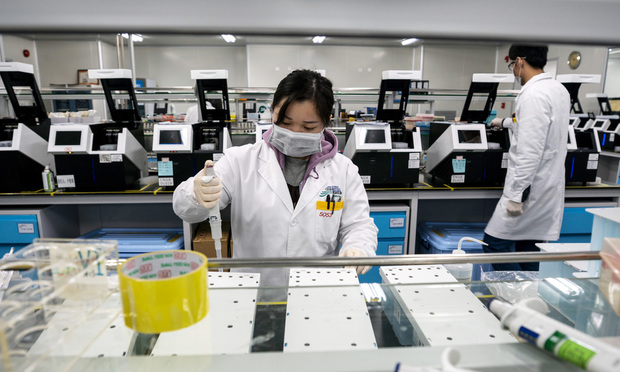U.S. universities and academic medical centers, their faculty, researchers and investigators are facing increasing scrutiny and pressure to address risks that foreign governments, particularly China, are using international research collaborations and awards programs to gain scientific and economic advantage at the expense of U.S. national security and technology interests. Funding agencies, such as the National Institutes of Health and the National Science Foundation, are united with congressional leaders, the Department of Defense and the FBI, among others, in asserting that the American research enterprise itself is under threat from foreign actors.
Real-life examples are multiplying. In December 2019, the U.S. Department of Justice announced an unusual, $5.5 million False Claims Act settlement with the Van Andel Research Institute, for two researchers’ failure to disclose to National Institutes of Health their foreign affiliations and foreign research support. Last summer, in United States v. Tao, a University of Kansas researcher was charged with mail and wire fraud for failing to report to KU his talent program employment agreement with a China-based university. Funded at least in part by research grants from NSF and Department of Energy, the researcher allegedly defrauded these U.S. agencies regarding sources of his research support and his affiliations; the case demonstrates the government’s commitment to using unusual strategies to prosecute possible misconduct in this context. Other federal criminal prosecutions have followed, including one relating to attempted unauthorized air transport of human biospecimens to China, and others relating to investigators’ dissembling to federal investigators when being questioned about their China ties and China-sourced personal income.


 Chinese national gene bank in Shenzhen, China.
Chinese national gene bank in Shenzhen, China.




